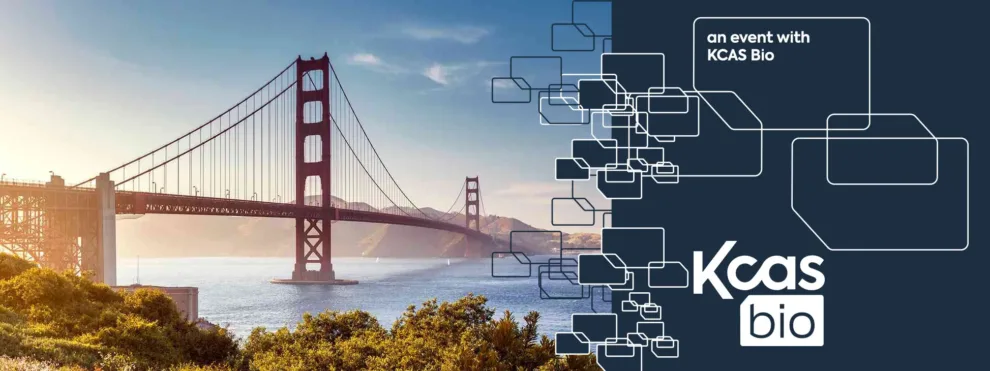If you are part of the Biotech/Pharma community, you may be familiar with the (J.P. Morgan) JPM Healthcare Conference that takes place annually in January and typically in San Francisco. This was the 42nd Annual JPM Healthcare Conference and it is the world’s largest healthcare symposium. This year the mood was ‘cautious optimism’, and many experts expect to see a significant uptick in M&A and IPOs compared to the headwinds (tough financing environment and higher interest rates) the industry faced in 2023. Although the conference was jammed pack with topics ranging from Artificial Intelligence to GLP-1s, it was ADCs and conjugation technologies that were the hottest ticket of JPM24. One of us, Dawn DuField, has had the pleasure of working on the analysis of ADCs and conjugation technologies for 20+ years in large pharma and 6 additional years studying them in a bioanalytical CRO. The other one, Dominic Warrino, has 25+ years of monoclonal antibody and cell and gene therapy experience, 16+ total years in the bioanalytical CRO (the last 6 years studying ADCs and conjugation technologies). We loved this news!
Most of you may be familiar with ADCs but the conjugation technology field is exploding and we at KCAS Bio have experience with Antibody-siRNA Conjugates (ARCs), Fragment-Drug Conjugates (FDCs), Protein-Drug Conjugates (PDCs), Peptide Drug Conjugates (PDCs), and Peptide Nucleic acid (PNA) conjugates (including Antibody-PNAs, Protein-PNA, and Peptide-PNA). If you’re following the ADC technology, then you most likely already know the problem-solving power that Hybrid LC-MS/MS Technology offers for support of Bioanalytical analysis of ADCs and drug conjugates.
Tailored Solutions for Varied Clients
We at KCAS Bio pride ourselves on not just being a service provider, but an innovation partner. No better example of this partnership is how we support ADCs and drug conjugates. The team at KCAS collaborates with clients to determine the most suitable approach — whether hybrid LCMS, LBA or traditional LCMS. The goal is to tailor solutions based on project requirements, ensuring optimal outcomes.
Future ADC Applications for KCAS Clientele
Recent breakthroughs at KCAS Bio include the development of a generic ADC assay, a clear demonstration of the versatility of hybrid technology in various situations. Additionally, ADCs and other drug conjugation technologies may benefit from the two-for-one assay offered by hybrid LCMS. Clients seeking to screen multiple ADCs for stability will discover a valuable partner in us.
As the landscape of ADC and drug conjugates continues to evolve, prospective clients should consider whether their current drug development projects might benefit from the hybrid technology being developed at KCAS Bio.
Our approach to ADC or drug conjugates is typically determined by several key parameters .The type of conjugation chemistry, the cleavability of the linker and ultimately the characteristics of the conjugate (payload, peptide, Oligo, etc) will all help to define the best bioanalytical strategy. We have experience in many different types of these ADC or conjugate modalities which allow us to quickly assess the best analytical approach. The expertise, innovation, and commitment to tailored solutions we offer make us a frontrunner in the realm of hybrid technology. We are helping to shape the future of bioanalytical ADC and drug conjugation assay development, method validation, and sample analysis. In a rapidly advancing field, KCAS Bio stands out as a consistent promoter of progress, offering not just services but a collaborative journey toward groundbreaking discoveries.

